Give Your Dog The Gift Of Confidence by Socializing Them Well
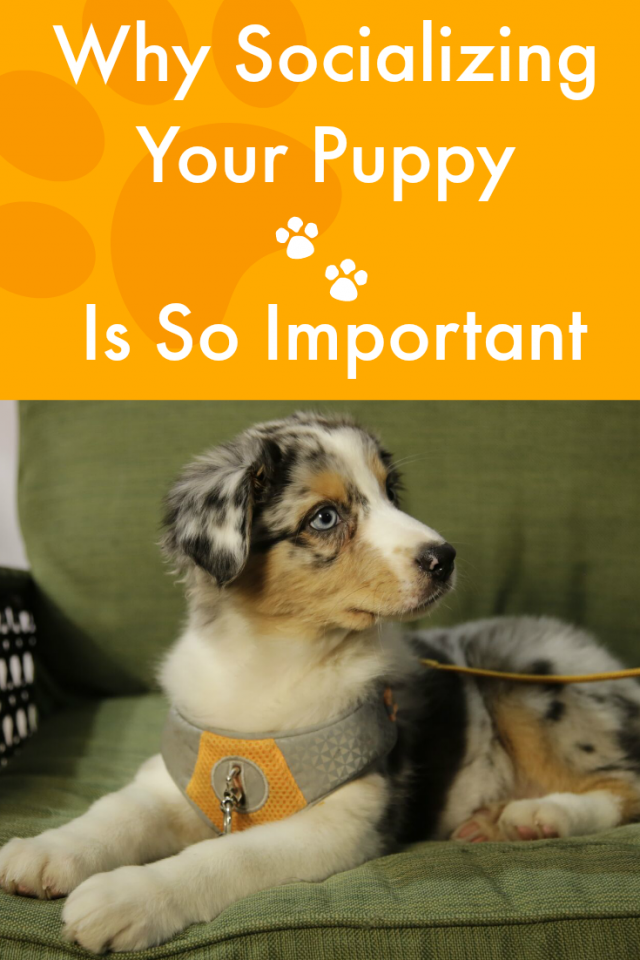
Caring for my foster pug Kilo, I can not emphasize enough the importance of early and appropriate socialization for Dogs.
It is so hard to undo bad experiences and “untrain” bad habits or attitudes. Kilo is so loving and charming with the people he knows, especially me. Unfortunately, he can not cope with strangers and dogs. He would like to eat them all or chase them away.
As a rescue that bounced around a couple homes before mine, he’s had a difficult past. I could only imagine how truly amazing Kilo could have been if he was socialized properly as a puppy.
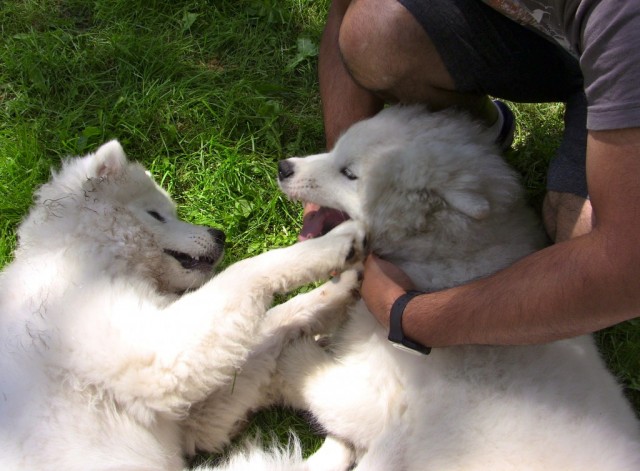
Why Socializing Your Puppy Is So Important
Socializing puppies at an early age builds their confidence which will help keep them deal with people, puppies of different breeds and sizes, loud sounds, any kind of novel place or experience. If they learn that they can trust their owners and be confident in these situations they’re less likely to be fearful or aggressive at an older age.
We talked to top experts and dog trainers in our Puppies Rock TV episode to hear pro tips and tricks for properly socializing a new puppy.
When Should You Start Socializing Your Dog?
Our friend Lucinda Glenny, trainer, behavioural consultant and owner at Canine Campus explained the importance of early socialization for puppies. While working on her honours thesis on the subject, she found that the best time for socialization is during the “fear onset stage”.
This occurs between 7 and 14 to 16 weeks and is the most impactful on their long-term development. During this stage, things your dog is introduced to in a positive and confident way will help them have better resilience and less stress when they are older.
“Puppy training can be challenging and time-consuming, but don’t miss the key window of opportunity.”
Building Confidence In Your Puppy
Socialization should be done in a controlled fashion. Puppy socialization classes are there to assist you and teach your puppy how to be a good social dog. Lucinda runs Puppy Classes from her facility and finds that when the puppies come in the first week they can be very tentative. “What’s all this novel stimulus? What are all these puppies and people?” -it’s all very scary to them.
However, just 6 weeks later there is usually a huge difference just based on the puppy’s confidence level. A once fearful, shy puppy, has gained the confidence and now can greet and play with other dogs. It’s as if your puppy knows “this is good, I know that you’re not a threat to me”.

Andre Yeu of When Hounds Fly, further outlined why attending puppy classes can be extremely helpful.
“All the owners are on the same page and it’s under the careful supervision of a dog training professional. That ensures that every single interaction is carefully scrutinized and carefully orchestrated so the dog increases in confidence over time.”
More puppy training tip from Andre HERE
Safe Socialization
Socialization isn’t just exposing your puppy to new things, it needs to be good exposure and a positive experience. Fear is the number one cause of bites for puppies. If the puppy is in react mode or a fear state, all their resources go to self-preservation. Therefore, it shuts down the communications to the brain where the neurons are allowed to fire to learn. It is physically incapable for the brain to take on new information if the dog is in a fearful state.
“Taking your puppy and letting it be poked at and prodded at by young children might not show up right away as this dog becomes afraid of children. But those early memories last in a dog, that’s what the socialization period is all about, it’s an imprint period.” -Renee DeVilliers, head trainer All About Dogs.
Never push your puppy to hard or too far out of its comfort zone. You want your puppy to be engaged with good play, if your dog isn’t having fun anymore then it can quickly become traumatized by the situation.
“When socializing your puppy, awareness and observing each situation is vital for success.”
Read: How To Socialize Your Puppy- Start Now!
Socialization Never Stops
As you begin taking your puppy out on walks, to classes or the dog park, this all counts as socialization. Be sure to always carefully watch your puppy as it interacts with new dogs or situations.
Gillian Ridgeway, head trainer of Who’s Walking Who Dog Training Centres explains:
“Socializing doesn’t mean walking down the same street, the same park, meeting the same people, the same dogs at the same time of day. So mix it up! The more you expose your dog to during this window, it will really help your puppy know that if something unusual happens, they will be able to cope.”
Gillian teaches your puppy to “Lay Down” & “Focus and Self Control”
When out for a puppy play date you should always be checking to make sure your puppy is having fun. Our good friend and trainer, Margaret Pender from DogGone Right! stresses the importance of identifying “good play vs. bad play” and when you should interrupt.
Read: Margaret’s 7 Golden Rules of Puppy Training
As a new pet parent, you have the amazing gift of molding a happy, calm and confident dog that you will see flourish in life. The puppy years are precious, start proactive training and socializing early and both you and your dog will reap all the benefits.
In the end, the biggest goal is to create a happier dog with a confidence through safe and proper socialization and create a strong bond so that less are surrenders to the humane societies.

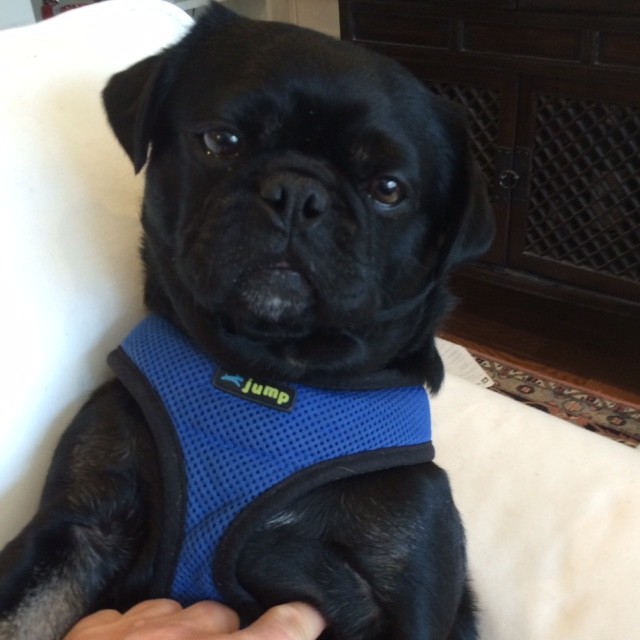
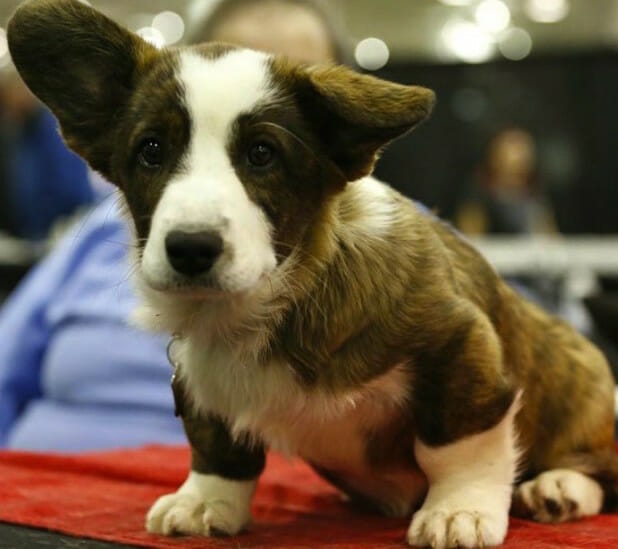


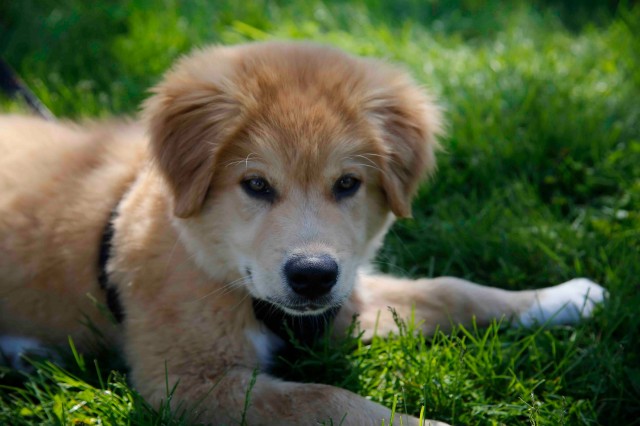
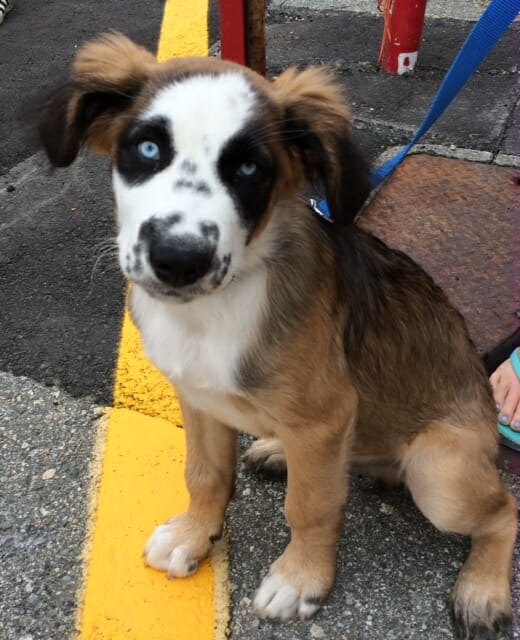

So true – socialization is such a critical component for puppies – and for adult dogs as well. After being in a shelter for a year, Jack had some readjusting to do.
I agree that early socialization is so important especially for a dog’s confidence. My latest rescue came from an animal hoarder and it took nearly a year for him to adjust to my family. He ran from my husband every time he walked in the door. Finally they are best buds.
Thanks Sharon – that is very encouraging. Kilo already loves the family including my husband and also my work team. He no longer bothers the cat. However he will try to attack nearly anyone new and really goes crazy with other dogs. He must have had a few bad experiences
Socialization is a vital part of being a pet owner. You can’t expect a dog to know how to behave around others if it is never brought around others. Great post ☺
Thanks- it is so heartbreaking seeing Kilo suffer every time he steps out of the house.
Talent Hounds that is so true – great post. Of all the things I was most concerned about before bringing Harley home – it was “socialization” I so wanted a very social pet in our home to match my family’s personality. I read, listened and paid attention to all the positive advice I received and I am so happy I did. Harley is the King of Social… BOL
So happy for your family and Harley- he is so lucky. We are very social here so it is very sad for Kilo. He is so attached and loving with us but so dangerous with others. If only he could understand but he gets so upset he can’t process. Treats and gentle exposure helping.
Early socialization is so incredibly important! So many heavier issues could be avoided by socializing properly.
So true! Thanks.
GREAT post. Working in rescue, I see so many dogs that have not been socialized, and that can have a negative impact on their adoptability. I have an 8-year-old rescue dog, and he had lived with an elderly woman prior to us. She was kind of a homebody and had no other pets…the result is that Riley dislikes all other animals, as well as children, simply because he’s not used to having them around 🙁 Thanks for sharing this info!
Definitely impatant! Great post! Thanks for sharing!
ღ husky hugz ღ frum our pack at Love is being owned by a husky!
Mr. N wasn’t socialized at all for the first few years of his life (he basically grew up in a crate). Now he goes just about everywhere with me. He is a little leash reactive to other dogs but he is much better than he used to be. There’s hope!
Puppy socialization is so important. Great post!
Wags (and purrs) from https://www.facebook.com/LifeWithDogsAndCats